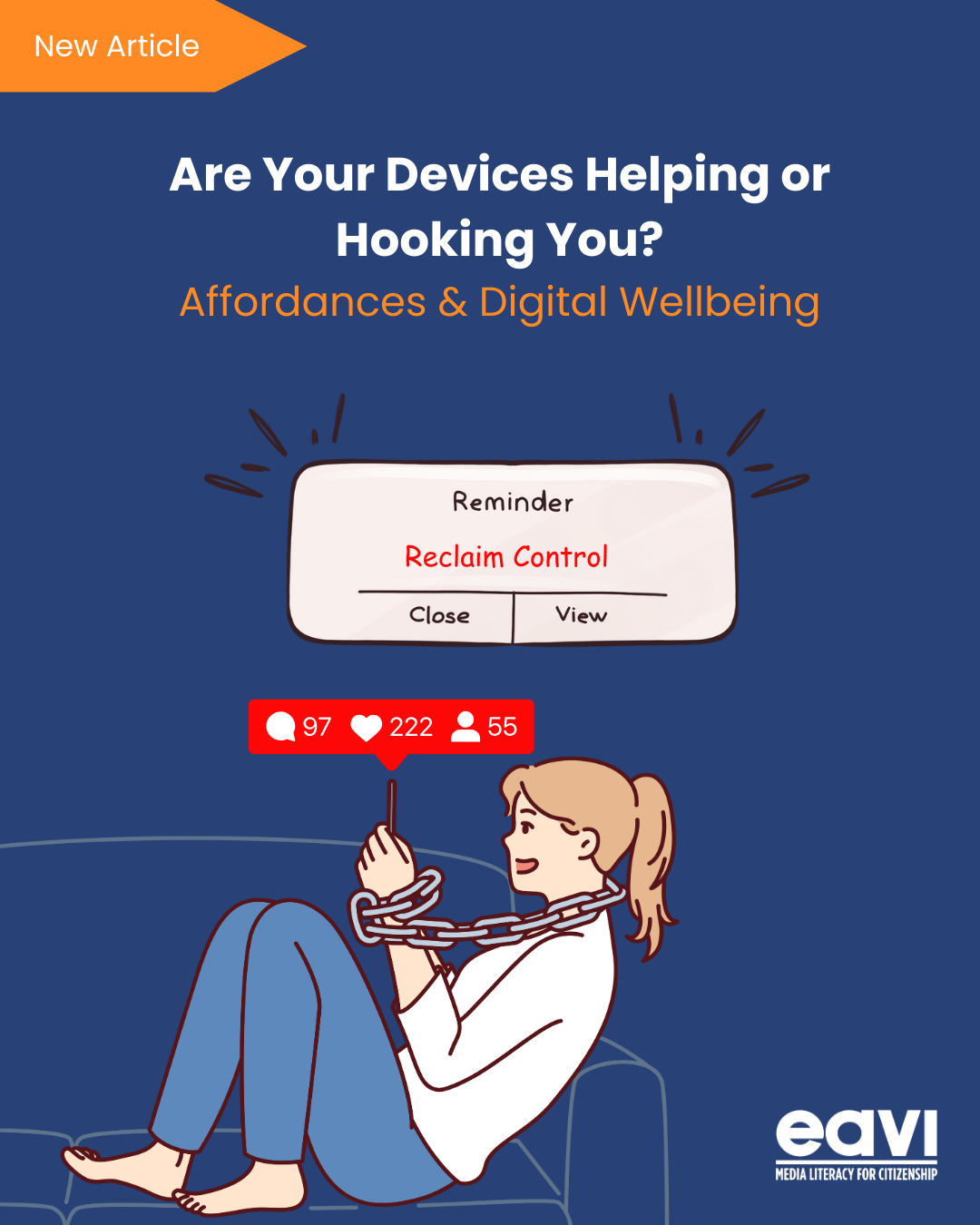We were promised a populist takeover of the European Parliament. And wouldn’t it have been exciting if it had happened. In a mass-grave sort of way.
If some segments of the news media are to be believed, it is in fact what happened. Europe is going full-fascist, right-wing nationalists are taking over and you’ll be swapping your last tin of tuna for a blue inhaler before the year is out.
But let’s take a breath (inhalers at the ready) and look behind the rhetoric at the reality. True, the centre-ground lost. But if anyone is surprised by that, they’re not paying attention. There’s something rotten to the core in most national politics, society is whiplashed from the technological revolution, and political revolution is inevitable. This is just how the wheel of history turns.
Whether that revolution is of a slash-and-burn variety whereby everything is destroyed for a new system to rise from the ashes, or whether we’re capable of a more grownup and gradual evolution really depends on what newspaper you read.
First, let’s look at the cold hard facts. The centre ground lost about 10% of their seats. Right-wing populist parties gained about 9%. Greens and ALDE (liberals) gained about 7%. As such, the Grand Coalition will need to partner with another group. The question remains, which group will it be?
In any European Parliamentary debate, there are always three sides to the argument. The yays, the nays, and the we-don’t-want-to-plays. Right-wing populists are usually the latter. Which makes them very difficult to work with. Therefore, I’d bet all the money in my pocket against all the money in your pocket that a coalition will be formed with ALDE and the Greens. Which will (drum roll please), move the centre further left in terms of the general direction of the ship.
Wow, did that populist plan backfire.
The news ahead of the election predicted big far-right gains across the continent. True, in the UK we sent a shameful number of Brexit Party candidates to the EU Parliament. I am sorry. But they still only won 31.6% of the vote. And when looking at such statistics, I always think of a cancer prognosis. If my doctor told me that I had a 31% chance of recovery, I’d start putting my affairs in order. So too should the Brexit Party. Meanwhile, remain parties got a total of 42% of the vote. I’d consider those doable odds, with chemo and a healthy diet. But if you believed the headlines, it was a landslide victory for the Brexit Party and we should all start denouncing our Muslim neighbours immediately.
Similarly, Le Pen in France won 23% of the vote, but didn’t actually gain ground. In Austria, the Freedom Party won 17% of the vote, the AfD in Germany won a flacid 11%, Hungary was always going to Hungary, with the Fidesz Party winning 52% of the vote (can they get over their angry adolescence already and come back to party with the grownups yet?), and Italy’s League won 34% of the vote.
All numbers which (apart from Hungary, but again, urgh), going back to my hypothetical cancer prognosis, don’t make me feel like this is a winning diagnosis for the far right.
The populist parties will attempt to form their own coalition, and I’m going to watch that with popcorn at the ready. The best thing about populists are that they are also nationalists. Nationalists, necessarily, think that their nationality is the best nationality. So sure, they’ll be united by a common ambition to destroy the EU from within, but when they each think that their country is the bestest country in the whole wide world, and they sneer at every other country, that will make for a tense coalition.
As an aside, I can think of nothing more amusing than Marine le Pen trying to stab Nigel Farage in the neck with a Bic Biro over a casually racist remark about “French froggies”. Not even Steve Bannon could keep that meeting civilised.
The fact is, as exciting as it would have been to have a far right majority in the EU Parliament, it didn’t happen. Don’t get me wrong, Brexit is a high-drama and I’m delighted it’s been renewed for another season. Not sure about the new lead actor, and I’d prefer more plausible plot-lines, nonetheless I’m addicted. But the EU Parliament will not be a spin-off series. As such, news coverage of politics needs to move away from its “opening sequence of a dystopian thriller” tone and towards something sane, rational and, more than anything, responsible.
So other than notable gains for progressive and green parties, what we can celebrate is that these elections had the highest turnout for two decades. Which is brilliant, because it means that the general population has started to notice that politics matters, that democratic engagement is important, and that, it turns out, Europeans are far more difficult to hoodwink than the media gave us credit.
So the message voters sent was not just to the EU Parliament, which has to be that the status quo is not acceptable, but also to the media: we are not as stupid as you think we are.
We were promised a populist takeover of the European Parliament. And wouldn’t it have been exciting if it had happened. In a mass-grave sort of way.
If some segments of the news media are to be believed, it is in fact what happened. Europe is going full-fascist, right-wing nationalists are taking over and you’ll be swapping your last tin of tuna for a blue inhaler before the year is out.
But let’s take a breath (inhalers at the ready) and look behind the rhetoric at the reality. True, the centre-ground lost. But if anyone is surprised by that, they’re not paying attention. There’s something rotten to the core in most national politics, society is whiplashed from the technological revolution, and political revolution is inevitable. This is just how the wheel of history turns.
Whether that revolution is of a slash-and-burn variety whereby everything is destroyed for a new system to rise from the ashes, or whether we’re capable of a more grownup and gradual evolution really depends on what newspaper you read.
First, let’s look at the cold hard facts. The centre ground lost about 10% of their seats. Right-wing populist parties gained about 9%. Greens and ALDE (liberals) gained about 7%. As such, the Grand Coalition will need to partner with another group. The question remains, which group will it be?
In any European Parliamentary debate, there are always three sides to the argument. The yays, the nays, and the we-don’t-want-to-plays. Right-wing populists are usually the latter. Which makes them very difficult to work with. Therefore, I’d bet all the money in my pocket against all the money in your pocket that a coalition will be formed with ALDE and the Greens. Which will (drum roll please), move the centre further left in terms of the general direction of the ship.
Wow, did that populist plan backfire.
The news ahead of the election predicted big far-right gains across the continent. True, in the UK we sent a shameful number of Brexit Party candidates to the EU Parliament. I am sorry. But they still only won 31.6% of the vote. And when looking at such statistics, I always think of a cancer prognosis. If my doctor told me that I had a 31% chance of recovery, I’d start putting my affairs in order. So too should the Brexit Party. Meanwhile, remain parties got a total of 42% of the vote. I’d consider those doable odds, with chemo and a healthy diet. But if you believed the headlines, it was a landslide victory for the Brexit Party and we should all start denouncing our Muslim neighbours immediately.
Similarly, Le Pen in France won 23% of the vote, but didn’t actually gain ground. In Austria, the Freedom Party won 17% of the vote, the AfD in Germany won a flacid 11%, Hungary was always going to Hungary, with the Fidesz Party winning 52% of the vote (can they get over their angry adolescence already and come back to party with the grownups yet?), and Italy’s League won 34% of the vote.
All numbers which (apart from Hungary, but again, urgh), going back to my hypothetical cancer prognosis, don’t make me feel like this is a winning diagnosis for the far right.
The populist parties will attempt to form their own coalition, and I’m going to watch that with popcorn at the ready. The best thing about populists are that they are also nationalists. Nationalists, necessarily, think that their nationality is the best nationality. So sure, they’ll be united by a common ambition to destroy the EU from within, but when they each think that their country is the bestest country in the whole wide world, and they sneer at every other country, that will make for a tense coalition.
As an aside, I can think of nothing more amusing than Marine le Pen trying to stab Nigel Farage in the neck with a Bic Biro over a casually racist remark about “French froggies”. Not even Steve Bannon could keep that meeting civilised.
The fact is, as exciting as it would have been to have a far right majority in the EU Parliament, it didn’t happen. Don’t get me wrong, Brexit is a high-drama and I’m delighted it’s been renewed for another season. Not sure about the new lead actor, and I’d prefer more plausible plot-lines, nonetheless I’m addicted. But the EU Parliament will not be a spin-off series. As such, news coverage of politics needs to move away from its “opening sequence of a dystopian thriller” tone and towards something sane, rational and, more than anything, responsible.
So other than notable gains for progressive and green parties, what we can celebrate is that these elections had the highest turnout for two decades. Which is brilliant, because it means that the general population has started to notice that politics matters, that democratic engagement is important, and that, it turns out, Europeans are far more difficult to hoodwink than the media gave us credit.
So the message voters sent was not just to the EU Parliament, which has to be that the status quo is not acceptable, but also to the media: we are not as stupid as you think we are.
We were promised a populist takeover of the European Parliament. And wouldn’t it have been exciting if it had happened. In a mass-grave sort of way.
If some segments of the news media are to be believed, it is in fact what happened. Europe is going full-fascist, right-wing nationalists are taking over and you’ll be swapping your last tin of tuna for a blue inhaler before the year is out.
But let’s take a breath (inhalers at the ready) and look behind the rhetoric at the reality. True, the centre-ground lost. But if anyone is surprised by that, they’re not paying attention. There’s something rotten to the core in most national politics, society is whiplashed from the technological revolution, and political revolution is inevitable. This is just how the wheel of history turns.
Whether that revolution is of a slash-and-burn variety whereby everything is destroyed for a new system to rise from the ashes, or whether we’re capable of a more grownup and gradual evolution really depends on what newspaper you read.
First, let’s look at the cold hard facts. The centre ground lost about 10% of their seats. Right-wing populist parties gained about 9%. Greens and ALDE (liberals) gained about 7%. As such, the Grand Coalition will need to partner with another group. The question remains, which group will it be?
In any European Parliamentary debate, there are always three sides to the argument. The yays, the nays, and the we-don’t-want-to-plays. Right-wing populists are usually the latter. Which makes them very difficult to work with. Therefore, I’d bet all the money in my pocket against all the money in your pocket that a coalition will be formed with ALDE and the Greens. Which will (drum roll please), move the centre further left in terms of the general direction of the ship.
Wow, did that populist plan backfire.
The news ahead of the election predicted big far-right gains across the continent. True, in the UK we sent a shameful number of Brexit Party candidates to the EU Parliament. I am sorry. But they still only won 31.6% of the vote. And when looking at such statistics, I always think of a cancer prognosis. If my doctor told me that I had a 31% chance of recovery, I’d start putting my affairs in order. So too should the Brexit Party. Meanwhile, remain parties got a total of 42% of the vote. I’d consider those doable odds, with chemo and a healthy diet. But if you believed the headlines, it was a landslide victory for the Brexit Party and we should all start denouncing our Muslim neighbours immediately.
Similarly, Le Pen in France won 23% of the vote, but didn’t actually gain ground. In Austria, the Freedom Party won 17% of the vote, the AfD in Germany won a flacid 11%, Hungary was always going to Hungary, with the Fidesz Party winning 52% of the vote (can they get over their angry adolescence already and come back to party with the grownups yet?), and Italy’s League won 34% of the vote.
All numbers which (apart from Hungary, but again, urgh), going back to my hypothetical cancer prognosis, don’t make me feel like this is a winning diagnosis for the far right.
The populist parties will attempt to form their own coalition, and I’m going to watch that with popcorn at the ready. The best thing about populists are that they are also nationalists. Nationalists, necessarily, think that their nationality is the best nationality. So sure, they’ll be united by a common ambition to destroy the EU from within, but when they each think that their country is the bestest country in the whole wide world, and they sneer at every other country, that will make for a tense coalition.
As an aside, I can think of nothing more amusing than Marine le Pen trying to stab Nigel Farage in the neck with a Bic Biro over a casually racist remark about “French froggies”. Not even Steve Bannon could keep that meeting civilised.
The fact is, as exciting as it would have been to have a far right majority in the EU Parliament, it didn’t happen. Don’t get me wrong, Brexit is a high-drama and I’m delighted it’s been renewed for another season. Not sure about the new lead actor, and I’d prefer more plausible plot-lines, nonetheless I’m addicted. But the EU Parliament will not be a spin-off series. As such, news coverage of politics needs to move away from its “opening sequence of a dystopian thriller” tone and towards something sane, rational and, more than anything, responsible.
So other than notable gains for progressive and green parties, what we can celebrate is that these elections had the highest turnout for two decades. Which is brilliant, because it means that the general population has started to notice that politics matters, that democratic engagement is important, and that, it turns out, Europeans are far more difficult to hoodwink than the media gave us credit.
So the message voters sent was not just to the EU Parliament, which has to be that the status quo is not acceptable, but also to the media: we are not as stupid as you think we are.








































































































































































